Iconic bass riffs that changed music forever
Bass riffs have a unique way of resonating with listeners, driving the rhythm and adding depth to any song. Often overshadowed by flashy guitar solos or vocal acrobatics, the bass is the unsung hero of many iconic tracks.
From rock to funk, these riffs are the heartbeat of the music, providing a groove that makes you want to move. Let’s dive into some legendary bass lines that have shaped the music world.
“Come Together” – The Beatles: A Groove Revolution
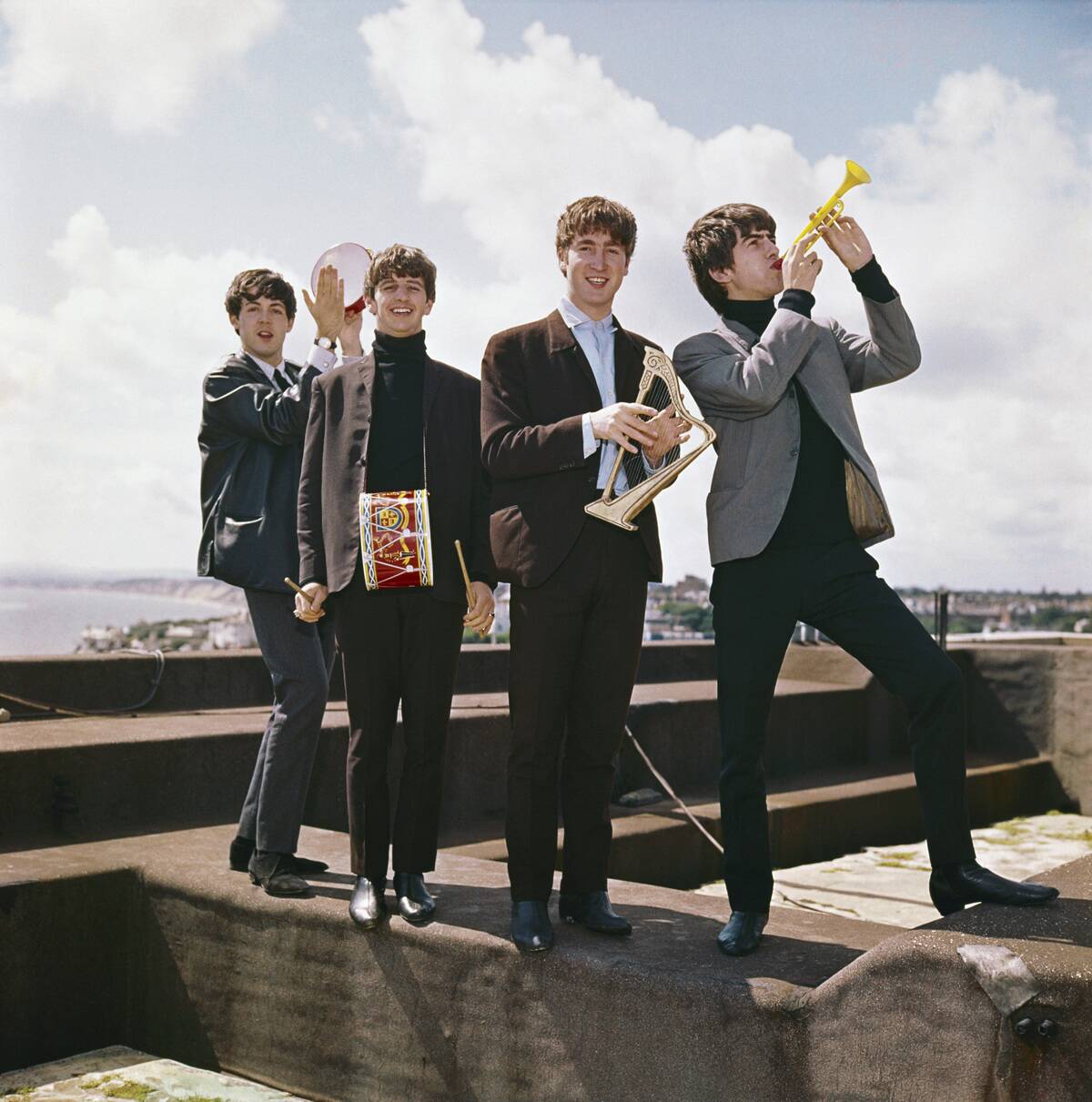
When The Beatles released “Come Together,” the bass line quickly became its defining feature. Paul McCartney crafted a groove that was both simple and hypnotic, setting the tone for a new era of rock.
The song’s opening riff is instantly recognizable, with its bluesy feel and laid-back rhythm, making it a staple in music history. This track showcases how a powerful bass line can transform a song into a timeless classic.
“Money” – Pink Floyd: The Sound of Wealth
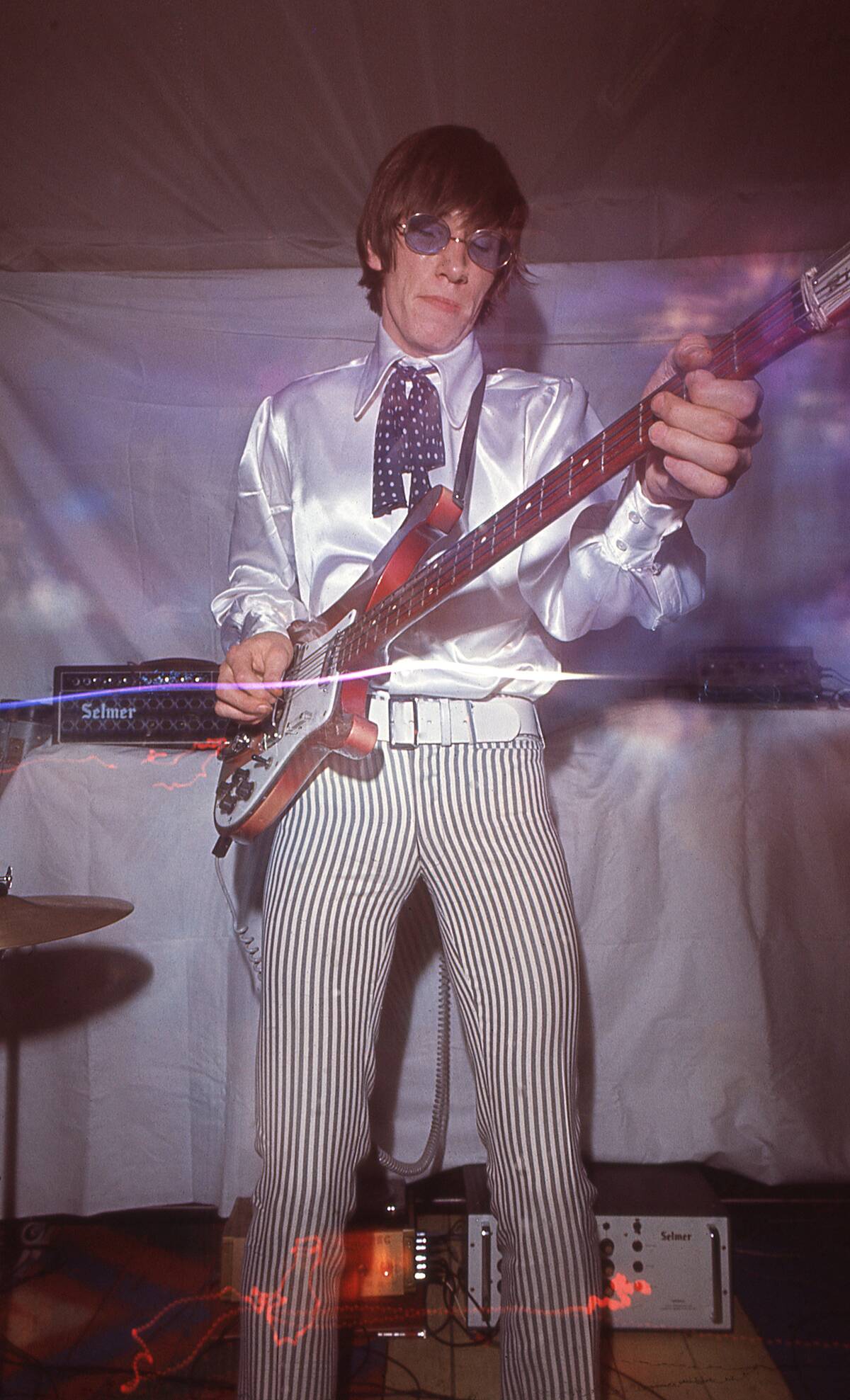
Pink Floyd’s “Money” is not just known for its sound effects but also for its iconic bass line, played in 7/4 time. Roger Waters’ bass riff provides a solid foundation for the song’s exploration of materialism.
The track’s unusual time signature and catchy groove helped it stand out, becoming one of the band’s most popular songs. Its blend of jazz and rock elements showcases the versatility and power of a well-crafted bass line.
“Another One Bites the Dust” – Queen: The Bass Line That Conquered the Charts

Queen’s “Another One Bites the Dust” features a bass line that became an instant hit, thanks to John Deacon’s genius. Inspired by the funk sounds of Chic, the riff is both catchy and driving, propelling the song to the top of the charts.
Its infectious groove made it a favorite on dance floors worldwide, proving that a strong bass line can dominate both rock and pop music scenes.
“Billie Jean” – Michael Jackson: The Beat that Defined Pop
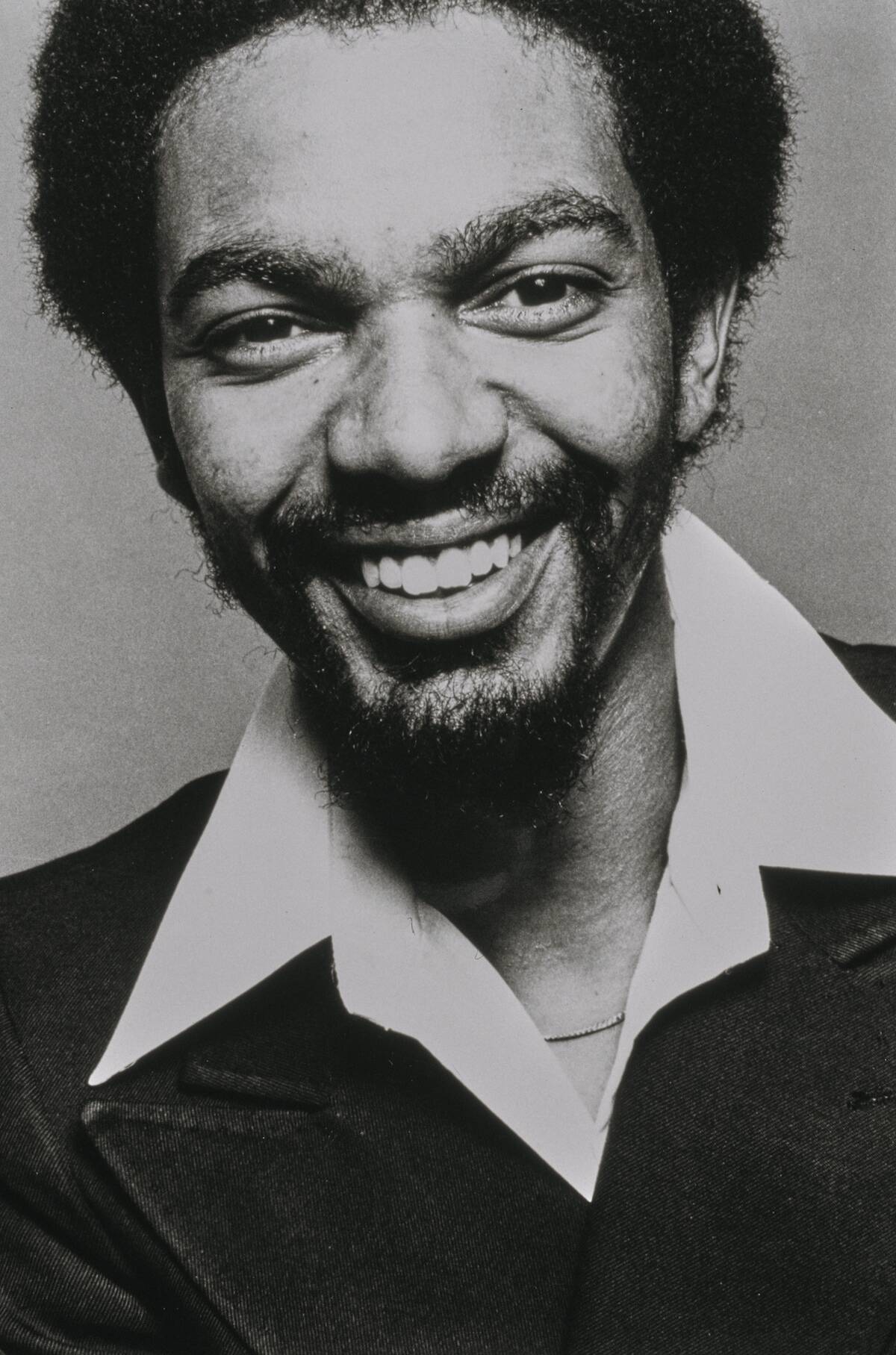
The bass line in Michael Jackson’s “Billie Jean” is legendary, setting the stage for one of pop music’s biggest hits. Crafted by bassist Louis Johnson, the riff is simple yet incredibly effective, giving the song its unforgettable groove.
It’s a testament to how a minimalist approach can create an enduring impact, with the bass riff driving the song’s rhythm and contributing to its timeless appeal.
“Smoke on the Water” – Deep Purple: More Than Just a Guitar Classic

While “Smoke on the Water” is renowned for its iconic guitar riff, the bass line plays a crucial role in its enduring popularity. Roger Glover’s bass work provides the song with a steady foundation, complementing the guitar and adding depth to the track.
This classic rock anthem demonstrates how bass can enhance a song’s overall texture, proving that it’s more than just about the guitar.
“Under Pressure” – Queen & David Bowie: A Collaborative Masterpiece
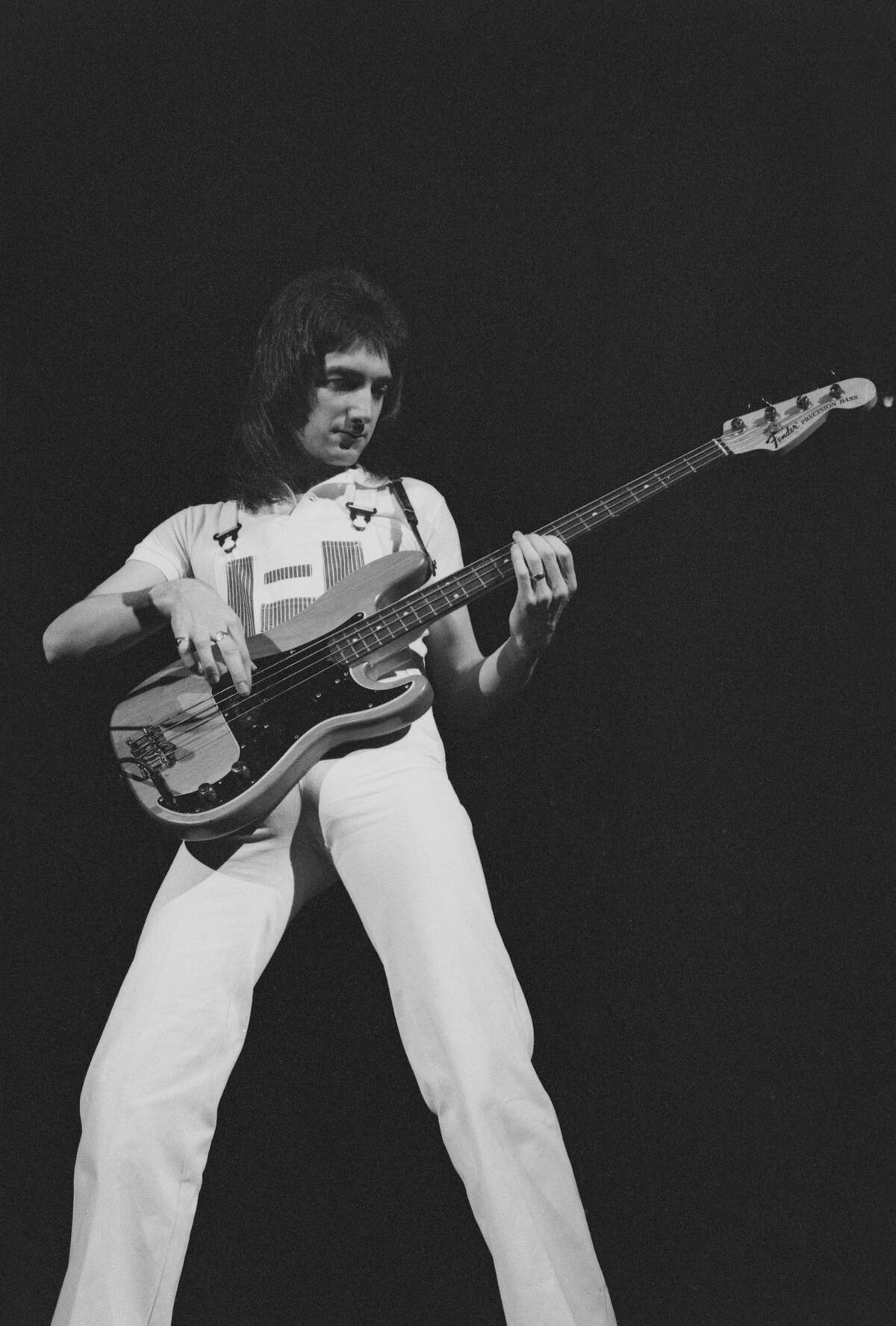
The bass line in “Under Pressure” is one of the most recognizable in music history, born from the collaboration between Queen and David Bowie. John Deacon’s iconic riff is both catchy and innovative, driving the song’s dynamic energy.
This collaboration not only produced a timeless hit but also highlighted the importance of bass in creating a song’s emotional and rhythmic foundation.
“Good Times” – Chic: The Birth of Disco Bass
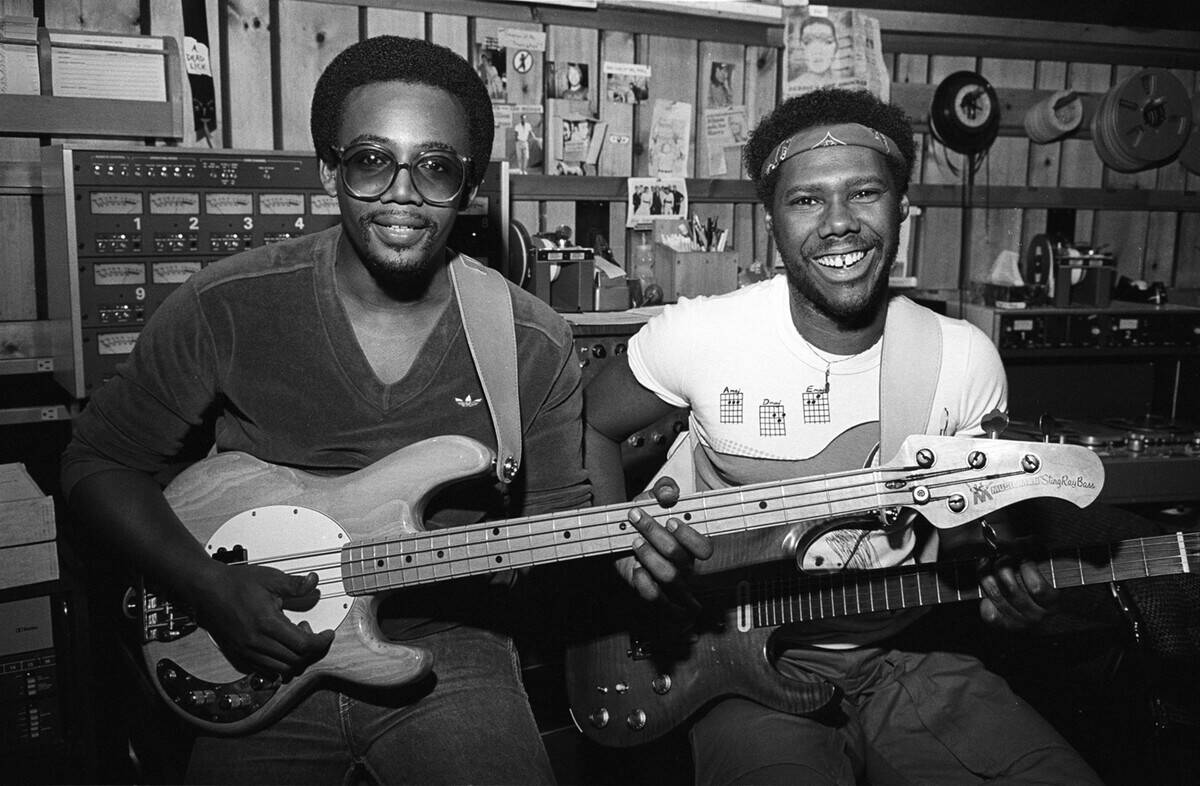
Chic’s “Good Times” is a defining track of the disco era, largely due to Bernard Edwards’ influential bass line. The groove is both infectious and sophisticated, setting the stage for countless future hits in the disco and hip-hop genres.
Edwards’ playing style on this track became a template for bassists everywhere, illustrating the power of a well-crafted groove in dance music.
“Sunshine of Your Love” – Cream: A Psychedelic Bass Journey
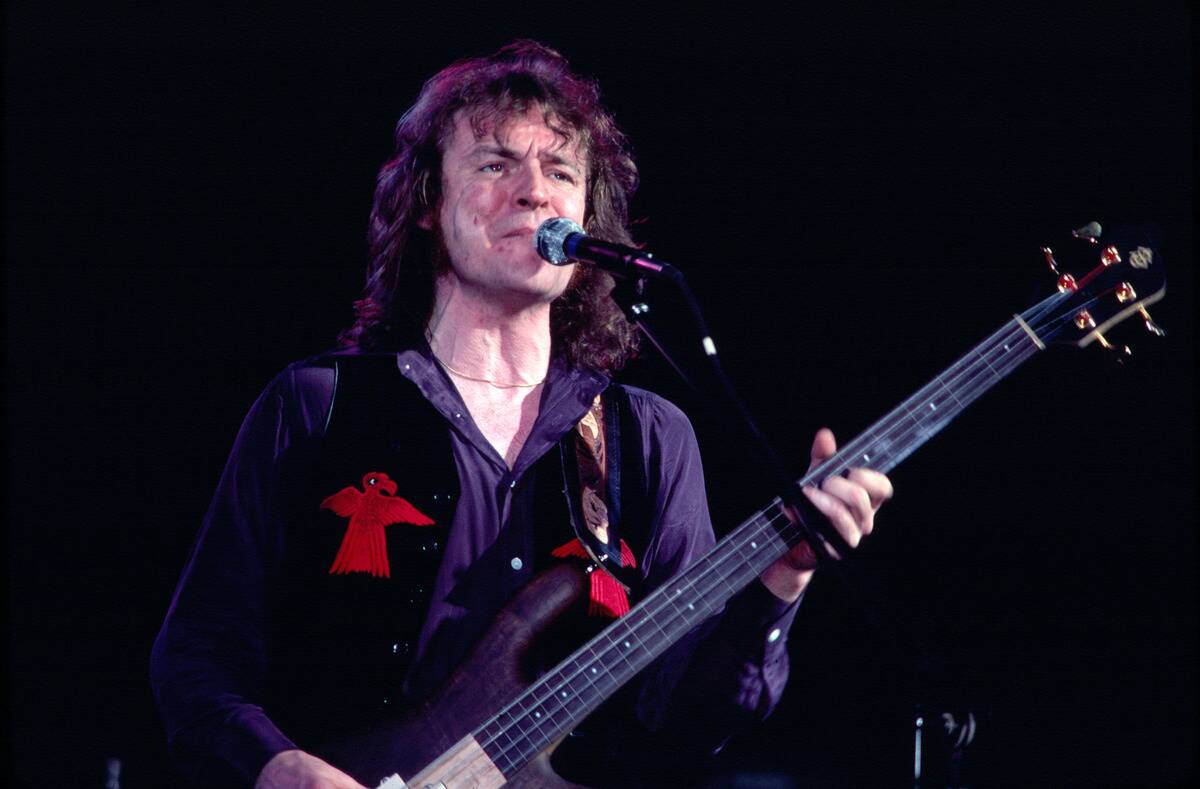
Jack Bruce’s bass line in “Sunshine of Your Love” is a cornerstone of psychedelic rock. The riff combines blues influences with a heavy, driving rhythm that complements the song’s experimental nature.
Its hypnotic groove and powerful presence helped define the sound of the late 1960s, showcasing the bass as a key player in the evolution of rock music.
“Seven Nation Army” – The White Stripes: Modern Simplicity

“Seven Nation Army” by The White Stripes features a riff that is instantly recognizable and incredibly simple. Jack White’s creation, often mistaken for a bass line, is played on a guitar with an octave pedal.
Its minimalistic yet powerful nature has made it a modern anthem, proving that sometimes less truly is more when it comes to creating a memorable bass-driven line.
“Roundabout” – Yes: Progressive Rock’s Bass Anthem
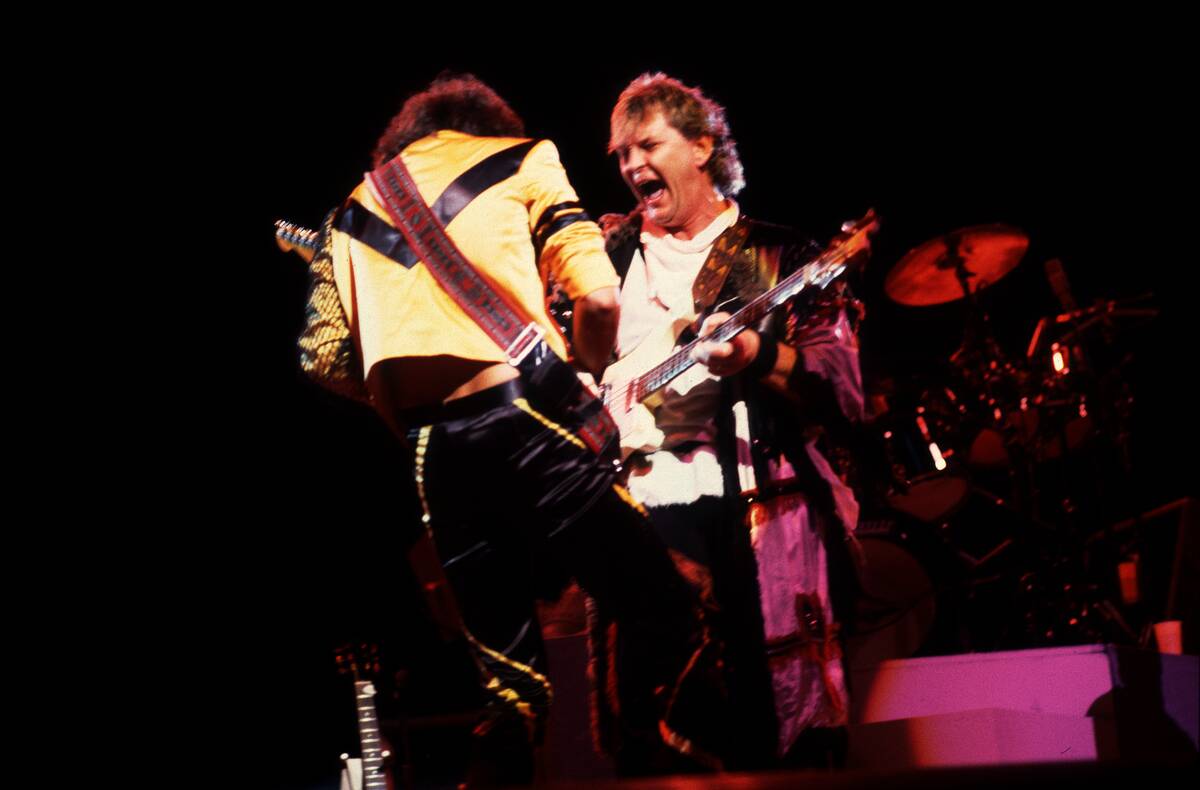
Yes’s “Roundabout” showcases Chris Squire’s exceptional bass playing, a hallmark of progressive rock. The intricate bass line weaves complex rhythms with melodic runs, adding layers of depth to the song.
Known for its technical prowess, Squire’s work on “Roundabout” has inspired countless bassists, demonstrating the potential for bass to be both a rhythmic and melodic force in music.
“Longview” – Green Day: Punk’s Catchiest Hook

Mike Dirnt’s bass line in Green Day’s “Longview” is a standout in the punk genre, offering a catchy and memorable hook. The riff’s driving energy and playful rhythm perfectly capture the song’s rebellious spirit.
It’s a prime example of how a strong bass line can elevate a track, making it a favorite among fans and a staple in the band’s live performances.
“Sweet Child o’ Mine” – Guns N’ Roses: A Rock Ballad’s Backbone

While “Sweet Child o’ Mine” is often celebrated for its iconic guitar intro, Duff McKagan’s bass work provides the backbone of this rock ballad. His steady and melodic bass line supports the song’s structure, allowing the guitar and vocals to shine.
The interplay between the instruments demonstrates the essential role of bass in creating a full, rich sound in rock music.
“Super Freak” – Rick James: Funky and Unforgettable
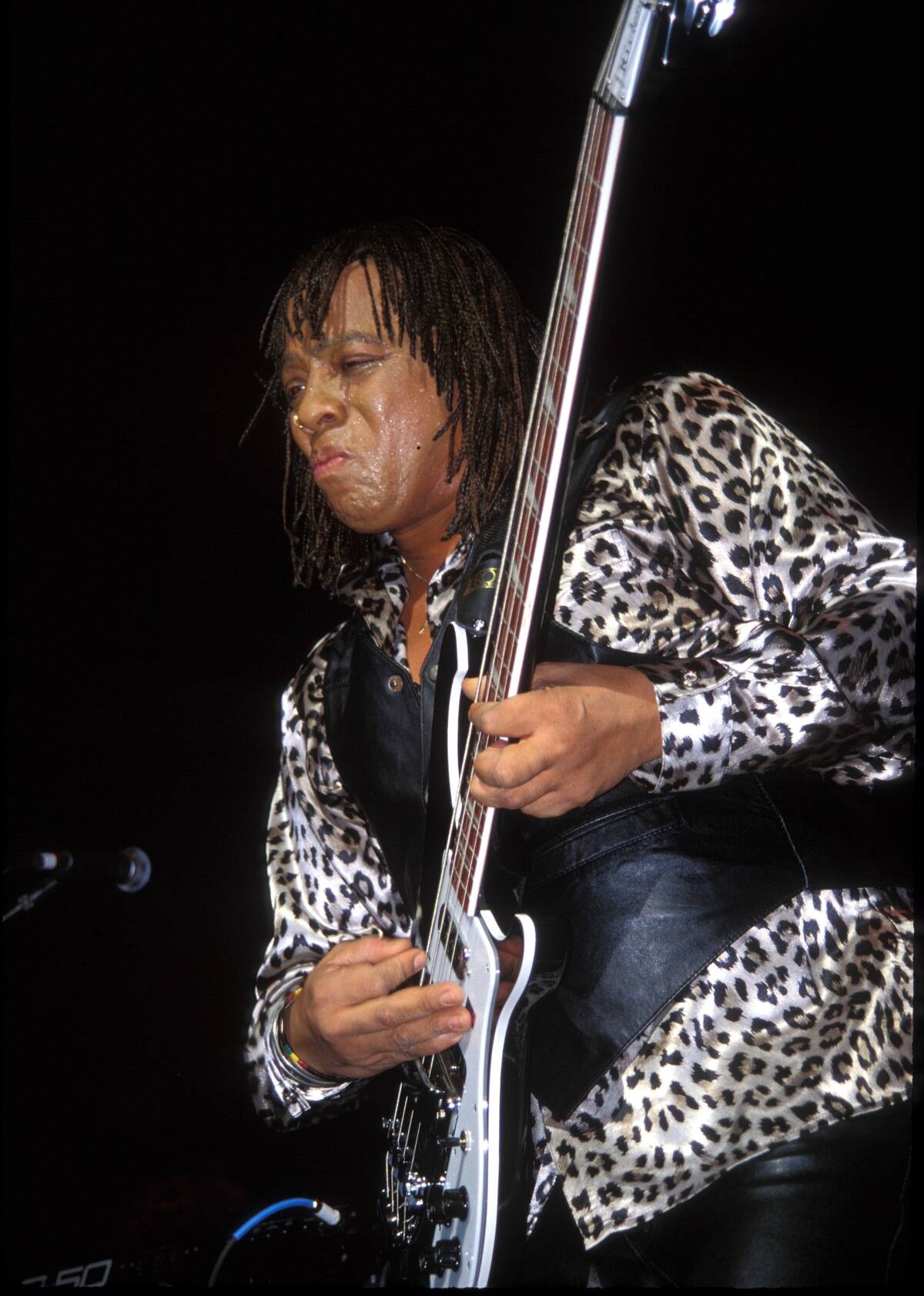
The bass line in Rick James’ “Super Freak” is one of the funkiest in music history. Crafted by James himself, the riff is both lively and infectious, driving the song’s energetic vibe.
Its influence extends beyond funk, having been sampled in iconic tracks like MC Hammer’s “U Can’t Touch This,” showcasing the lasting impact of a well-crafted bass groove.
“I Want You Back” – The Jackson 5: A Motown Classic
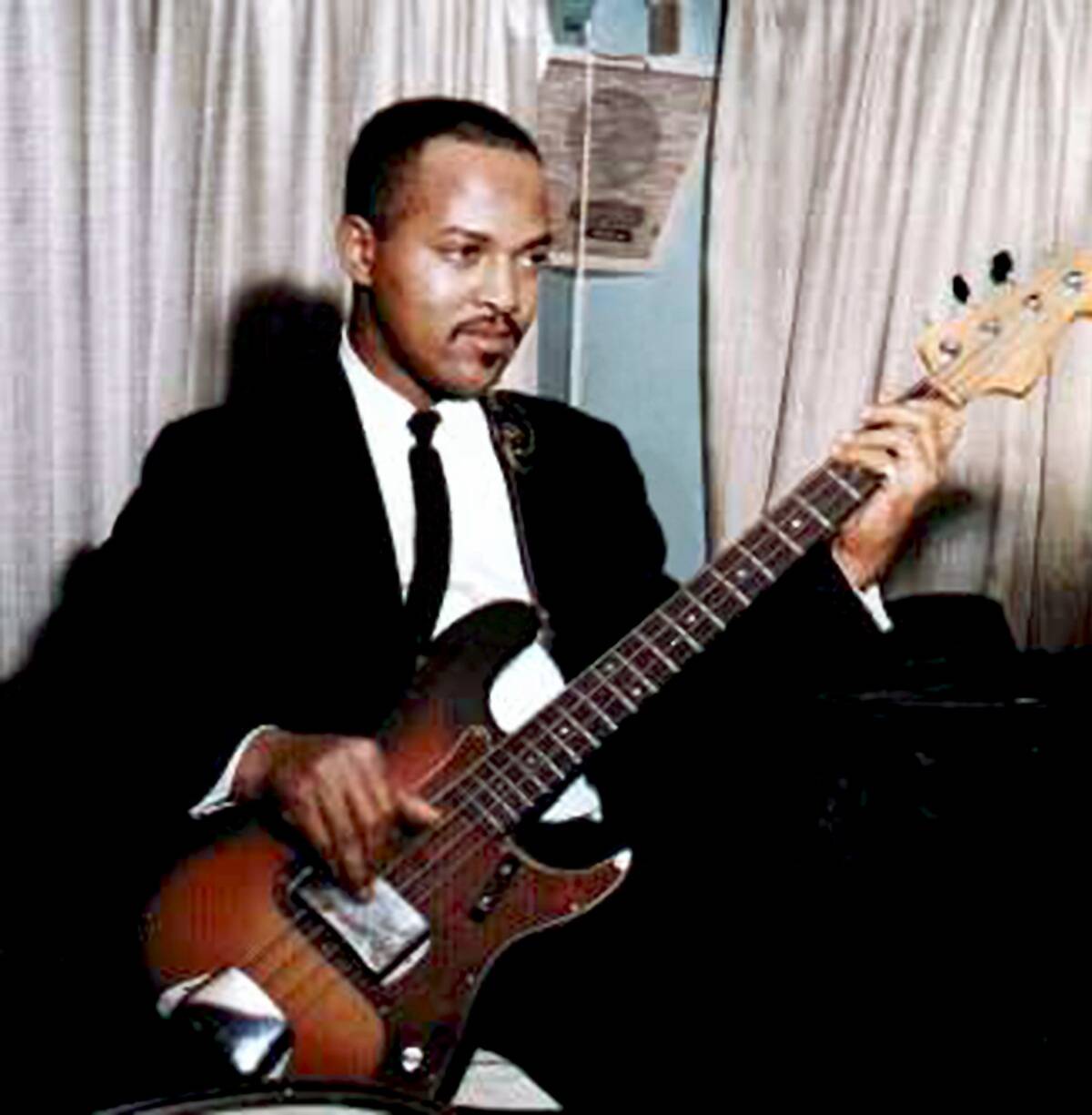
James Jamerson’s bass line in “I Want You Back” is a masterpiece of Motown music. His intricate and bouncy riff adds a layer of sophistication to the song, perfectly complementing the youthful energy of The Jackson 5.
Jamerson’s work on this track is a testament to his skill and creativity, solidifying his legacy as one of the greatest bassists in history.
“Walk on the Wild Side” – Lou Reed: Storytelling Through Bass

Lou Reed’s “Walk on the Wild Side” features a bass line that is as iconic as the song’s lyrics. Played by Herbie Flowers, the riff is both smooth and evocative, perfectly capturing the song’s narrative vibe.
The clever use of double-tracked bass lines adds depth to the track, illustrating how bass can be a powerful storytelling tool in music.
“Blitzkrieg Bop” – The Ramones: The Punk Revolution
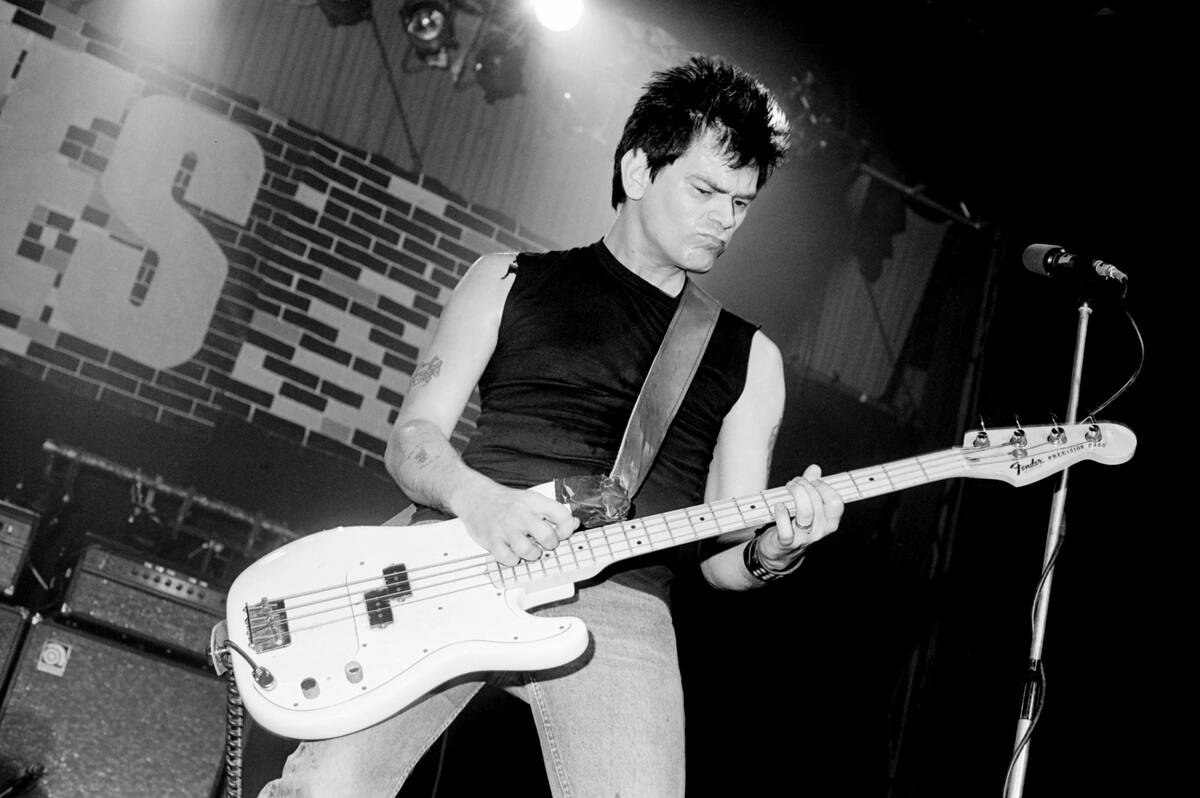
The Ramones’ “Blitzkrieg Bop” is a punk anthem, driven by Dee Dee Ramone’s straightforward bass line. Its simple, fast-paced riff embodies the raw energy and rebellious spirit of punk rock.
This track highlights how a no-frills approach to bass playing can be incredibly effective, capturing the essence of a musical revolution with its relentless drive.
“Psycho Killer” – Talking Heads: Art Rock’s Rhythmic Edge
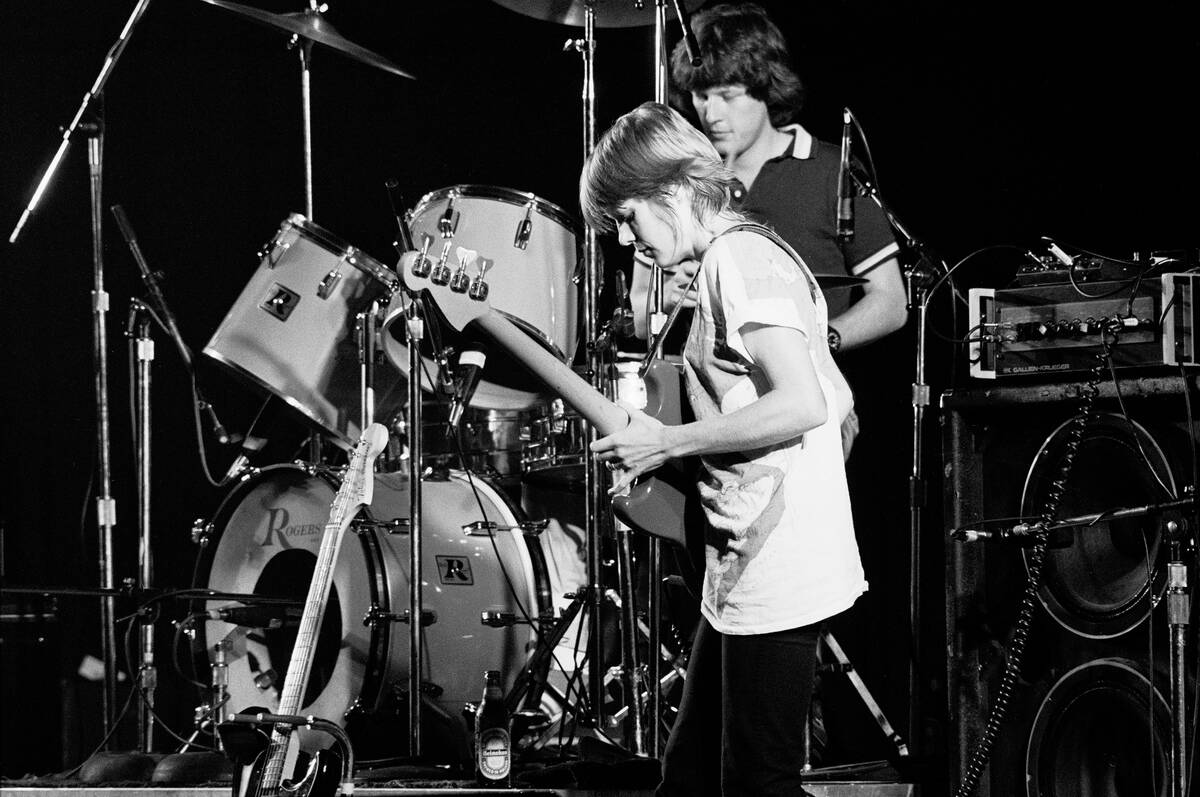
Tina Weymouth’s bass line in “Psycho Killer” is a standout feature, providing a rhythmic edge to the song’s art rock aesthetic.
The riff is both catchy and unconventional, complimenting David Byrne’s quirky vocals. Weymouth’s innovative approach to bass playing helped define the Talking Heads’ unique sound, proving that bass can be both experimental and essential in shaping a band’s identity.
“Rapper’s Delight” – The Sugarhill Gang: The Birth of Hip-Hop Beats
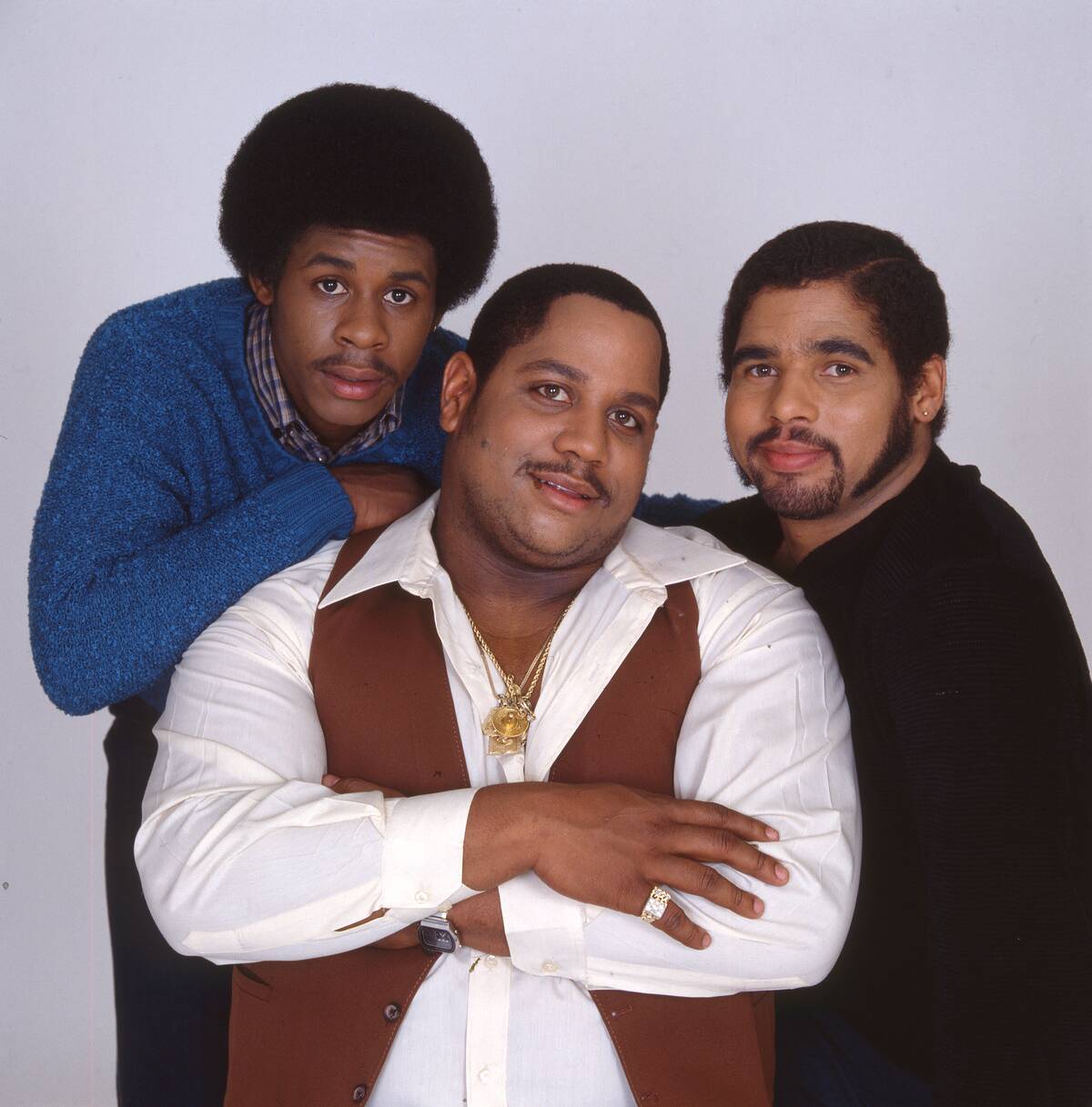
“Rapper’s Delight” by The Sugarhill Gang is credited with bringing hip-hop to the mainstream, and its bass line is central to its success.
Borrowing from Chic’s “Good Times,” the groove is infectious, laying the foundation for the song’s groundbreaking rap verses. This track illustrates how a strong bass line can transcend genres, becoming a cornerstone of musical innovation.
“My Generation” – The Who: A Bass Solo for the Ages

John Entwistle’s bass solo in “My Generation” by The Who is a defining moment in rock music. Known as one of the first bass solos in rock, it showcases Entwistle’s technical prowess and creativity.
This groundbreaking moment not only highlighted the bass as a lead instrument but also inspired countless musicians to explore the full potential of the bass guitar.




